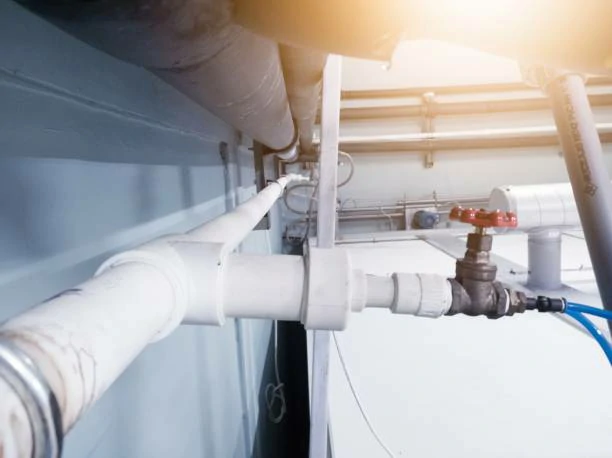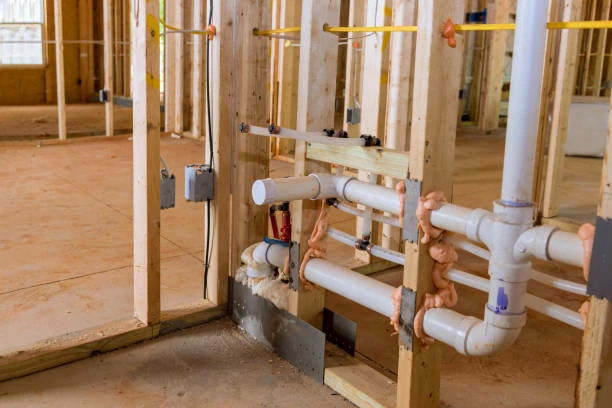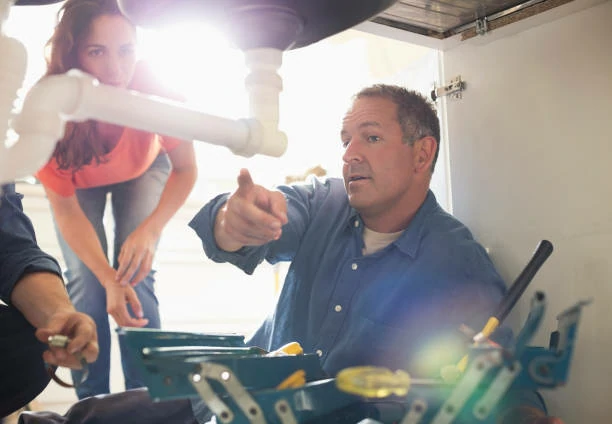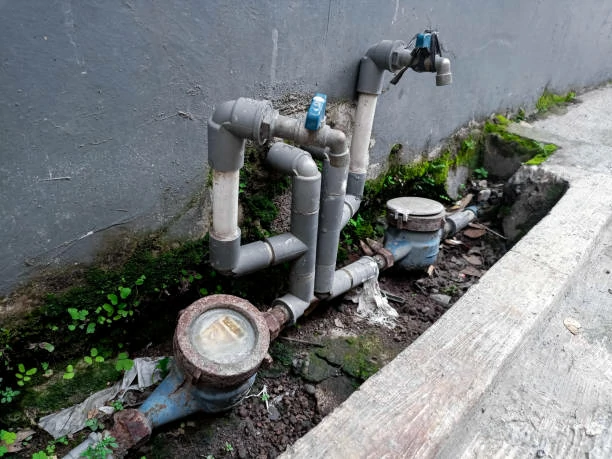Brass ball valves, widely used in various applications, are not only appreciated for their durability and efficiency but also for their environmental and sustainability benefits. Understanding these considerations is crucial for making informed decisions about their use in both residential and industrial settings. Below, we delve into the environmental and sustainability aspects of brass ball valves.
Material Sourcing and Production
Brass is an alloy made primarily of copper and zinc. Both of these metals are abundant and can be sourced sustainably. Copper mining has evolved over the years to incorporate more environmentally friendly practices, such as reducing energy consumption and minimizing waste. Similarly, zinc mining has seen improvements in environmental management, including better waste treatment and reduced emissions.
The production process of brass involves melting copper and zinc together, which is energy-intensive but can be optimized for efficiency. Modern foundries often use electric arc furnaces, which are more energy-efficient and produce fewer emissions compared to traditional methods. Additionally, advances in production technology have led to reduced material waste and improved recycling rates.
Durability and Longevity
One of the standout features of brass ball valves is their durability and long service life. The robustness of brass means that these valves can withstand high pressures, temperatures, and corrosive environments without degrading. This longevity reduces the frequency of replacements, leading to less material waste and lower overall environmental impact.
The extended lifespan of brass ball valves also translates into cost savings over time. With fewer replacements needed, there is a decrease in the demand for raw materials and the energy required for manufacturing, contributing to a more sustainable use of resources.
Recyclability
Brass is highly recyclable, making brass ball valves an environmentally friendly choice. At the end of their life cycle, brass valves can be melted down and reformed into new products without significant loss of quality. This recyclability reduces the need for virgin raw materials and minimizes waste sent to landfills.
Recycling brass also consumes less energy compared to producing new brass from raw materials. This energy efficiency further lowers the carbon footprint associated with the production of brass ball valves. By choosing recyclable materials like brass, industries can support a circular economy and reduce their environmental impact.
Energy Efficiency in Use
Brass ball valves contribute to energy efficiency in fluid and gas control systems. Their design allows for minimal pressure drop across the valve, ensuring smooth and efficient flow. This efficiency reduces the energy required to pump fluids through the system, which can lead to significant energy savings over time.
In applications involving heating or cooling, brass ball valves’ good thermal conductivity ensures efficient heat transfer, further optimizing energy use. This is particularly important in HVAC systems, where energy efficiency translates directly into reduced environmental impact and operational costs.
Corrosion Resistance
Brass’s natural resistance to corrosion is a significant environmental benefit. Corrosion can lead to leaks and system failures, which not only waste resources but also pose environmental hazards, especially when dealing with hazardous fluids. By preventing corrosion, brass ball valves help maintain the integrity of plumbing and industrial systems, reducing the risk of leaks and spills.
This resistance to corrosion also means that brass ball valves require less frequent maintenance and replacement, contributing to their overall sustainability. Fewer maintenance interventions mean reduced use of resources and lower emissions from maintenance activities.
Reduction of Toxicity
Brass does not corrode easily and does not release harmful substances into the environment under normal operating conditions. This contrasts with some other materials that can degrade and leach toxic substances into water or air. The non-toxicity of brass makes it a safe choice for potable water systems and other sensitive applications.
Furthermore, modern brass alloys can be formulated to reduce the content of lead and other potentially harmful additives, making them even safer for environmental and human health. Regulatory standards and industry practices have evolved to ensure that brass products meet stringent safety and environmental criteria.
Economic and Environmental Synergy
The economic benefits of brass ball valves align well with their environmental advantages. The durability and low maintenance requirements of these valves result in cost savings for users, while the reduced need for raw materials and energy in production benefits the environment. This synergy makes brass ball valves a sustainable choice from both an economic and environmental perspective.
Lifecycle Assessment
Conducting a lifecycle assessment (LCA) of brass ball valves provides a comprehensive view of their environmental impact. An LCA considers all stages of a product’s life, from raw material extraction and production to use and end-of-life disposal. For brass ball valves, the LCA typically shows that the environmental impact is relatively low compared to alternatives, due to factors like recyclability, long service life, and energy efficiency in use.
Manufacturers can use LCA findings to further improve the sustainability of their products by optimizing production processes, enhancing recyclability, and developing more efficient designs. Consumers can also use LCA information to make informed choices about the products they use.
Conclusion
Brass ball valves offer numerous environmental and sustainability benefits that make them an excellent choice for a wide range of applications. Their durability, recyclability, energy efficiency, corrosion resistance, and non-toxicity contribute to their overall sustainability. By understanding these advantages, users can make informed decisions that support both environmental protection and economic efficiency. The continued development and use of brass ball valves align with broader efforts to promote sustainable practices and reduce the environmental impact of industrial and residential systems.
Contact
IFAN is a professional manufacturer with 30 years of experience, dedicated to producing high-quality plastic pipes, fittings, and valves. Our products include brass valves, PPR valves, as well as various pipes and fittings to meet different customer needs. Whether you need plumbing and drainage pipes or valve products, IFAN can provide a diverse range of high-quality, cost-effective products to support your projects. Below is our contact information.
We will reply your email or fax within 24 hours.
You can call us at any time if there is any question on our production.
For more information,pls visit our webside https://www.ifanplus.com/
Pls Mailto: [email protected]






